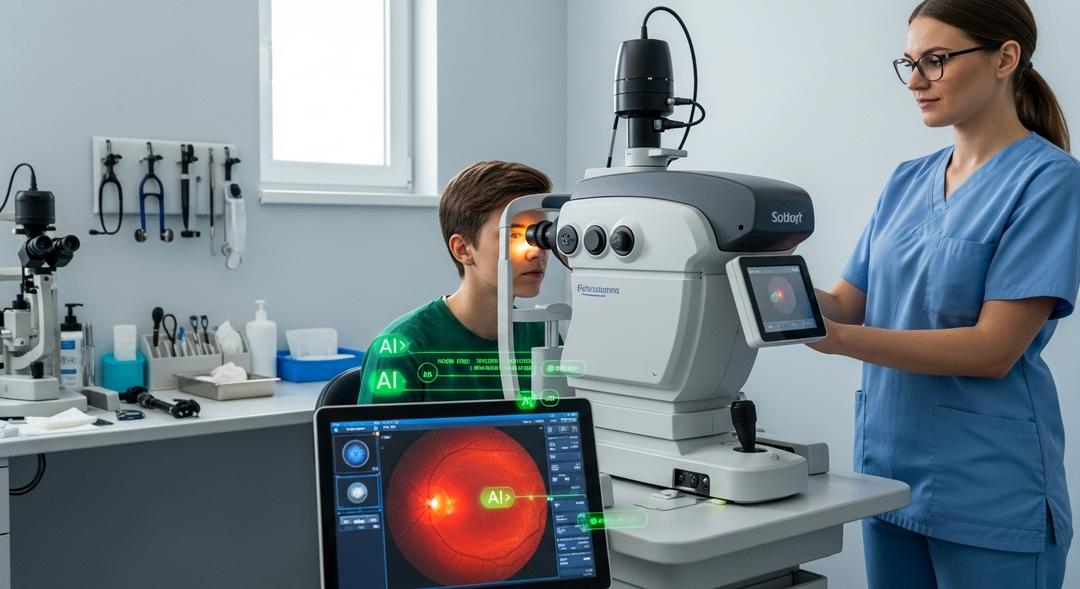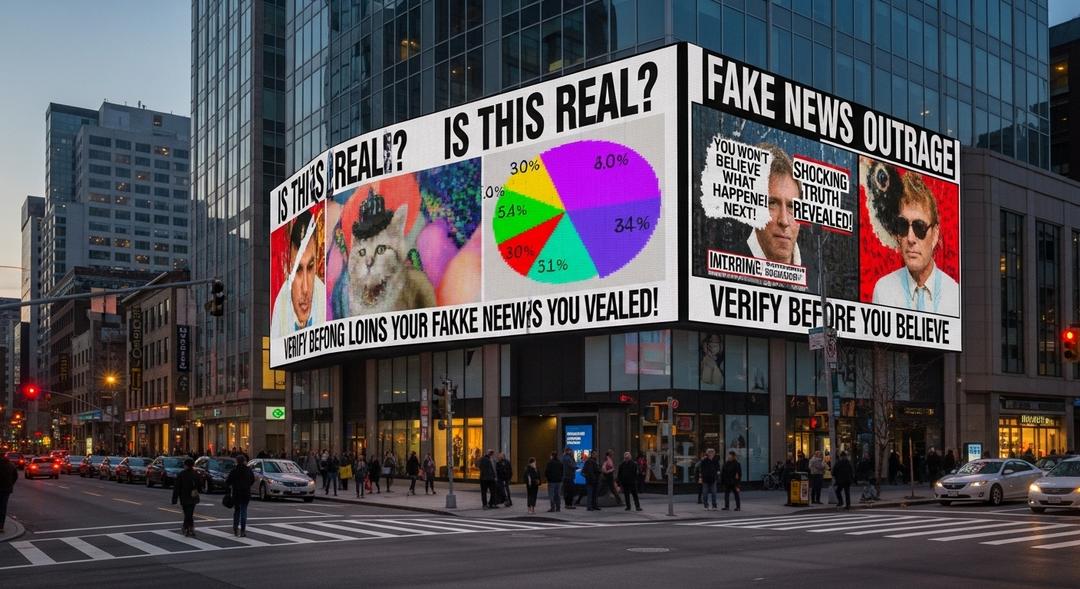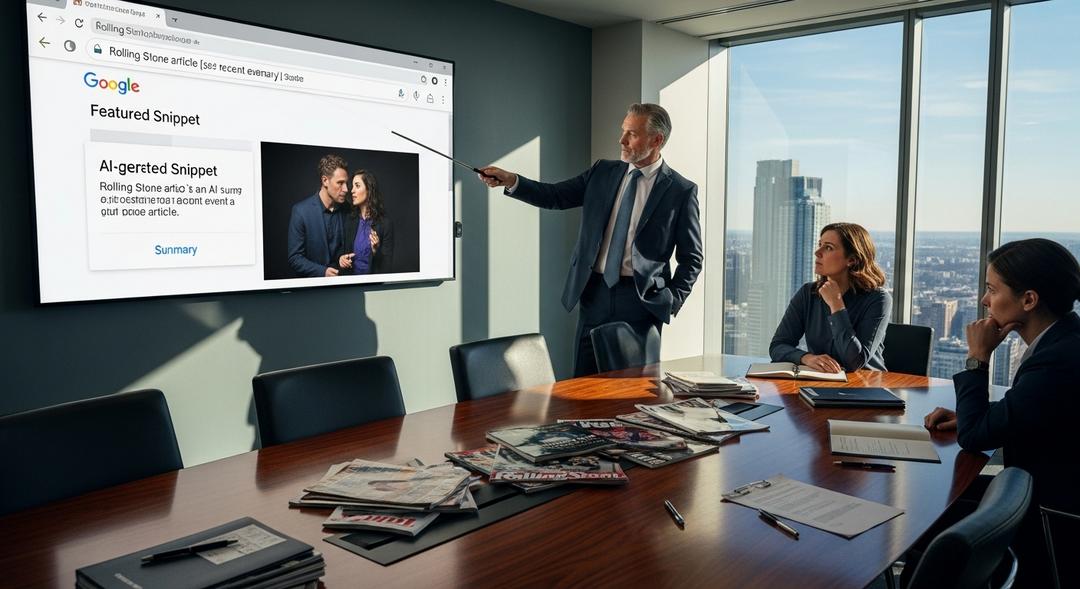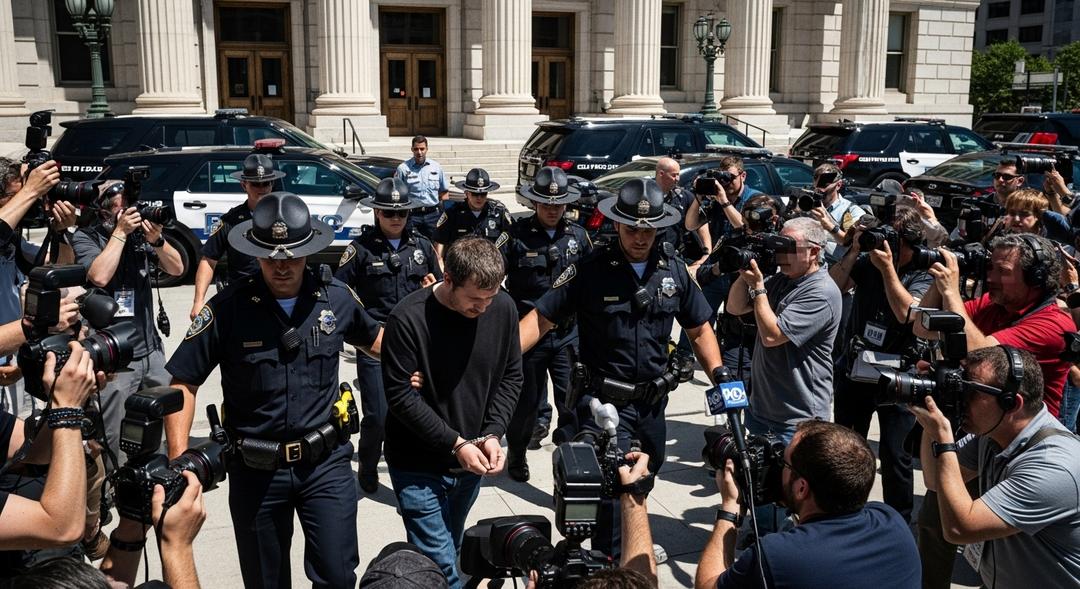A new wave of AI technology is pushing the photography world into unfamiliar territory.
Photographers are finding that their jobs face fresh challenges as low-cost AI tools generate eerily realistic images in seconds.
AI has already worked its magic in many creative fields, but for photographers, the stakes feel particularly high. This once-in-a-generation shift could alter everything from studio headshots to massive stock photo libraries.
Businesses once had to book expensive photo sessions and coordinate models and locations. Now, with a few clicks, AI can whip up an original photo with dazzling ease.
Headshots and Stock Images Enter New Territory
A growing number of companies and individuals now turn to AI-generated headshots, sometimes dressing virtual people in clothes they never owned or placing them in settings they’ve never visited.
According to realistic AI headshots, a company leading the charge in AI headshots, more than nine out of ten people cannot tell the difference between an AI image and one taken by a human photographer. This new standard is putting intense pressure on photographers specializing in corporate portraits and online profiles.
Stephanie Benassi, who teaches photography at George Mason University, put the shift in blunt terms: “If you’re struggling to come up with a budget and you need photography, one of the first places that people are generally going to look at is how can I get this done the cheapest?”
Stock photography is experiencing a similar shakeup. Benassi points to the fact that most new food images used on stock photo sites are now dreamed up by AI algorithms rather than shot with a camera.
Retail giants will likely keep using traditional photos for high-profile marketing, Benassi predicts. She believes major brands like Nike and Apple will still demand genuine photography, insisting the images feel unmistakably authentic, but beginners breaking into the industry may have a tougher time.
Small businesses and startups, however, find the affordability and speed of AI-generated images impossible to ignore.
Yet not everyone believes machines can capture the true spirit behind the lens. Naeem Mohaiemen, who oversees the photography program at Columbia University, argues there is a quality to authentic photos that no algorithm can replicate, saying, “A machine solution may finish the portrait session in a third of the time, but it would produce polished surfaces and nil soul.”
Some industries refuse to adopt AI-generated images altogether. Getty Images and several major news organizations still ban these visuals outright.
Even as the debate rages, photographers are recognizing the upside. AI has made editing simpler and faster, while also improving file management and image tagging.
Whether this new era creates opportunities or erodes creative livelihoods may depend on what businesses and audiences ultimately value — authenticity or efficiency, a topic that arises frequently in changing job dynamics in AI-driven industries.







